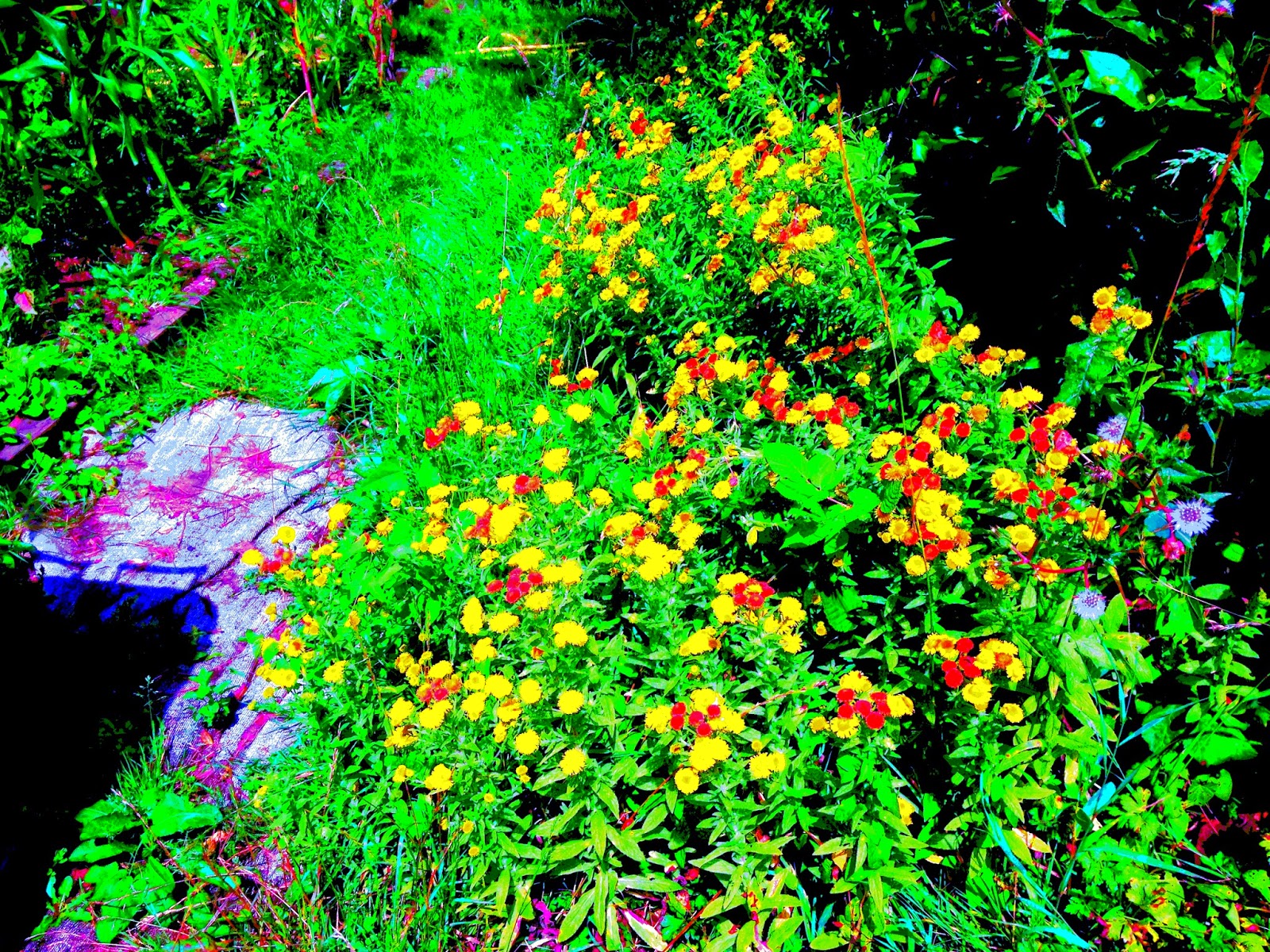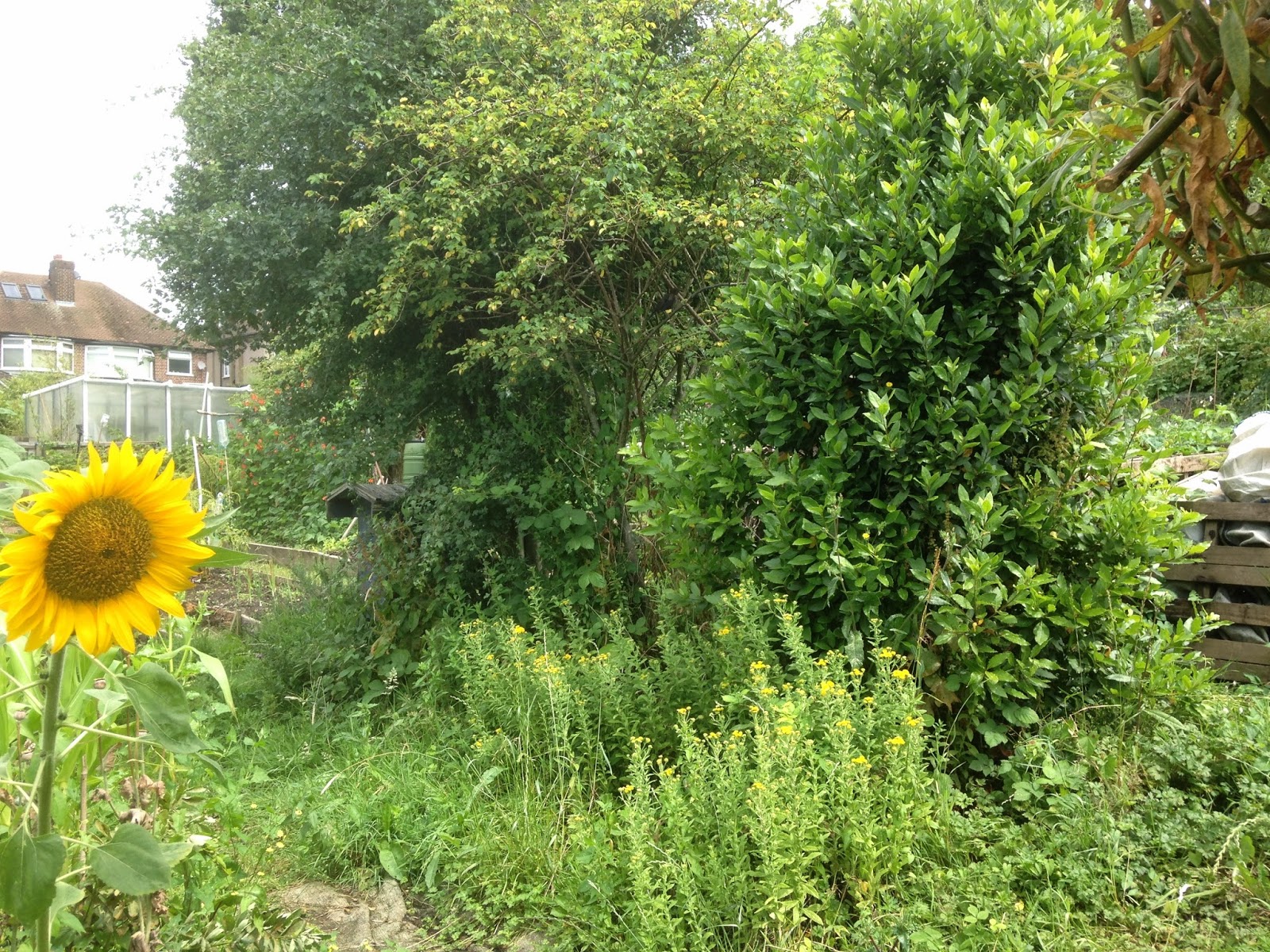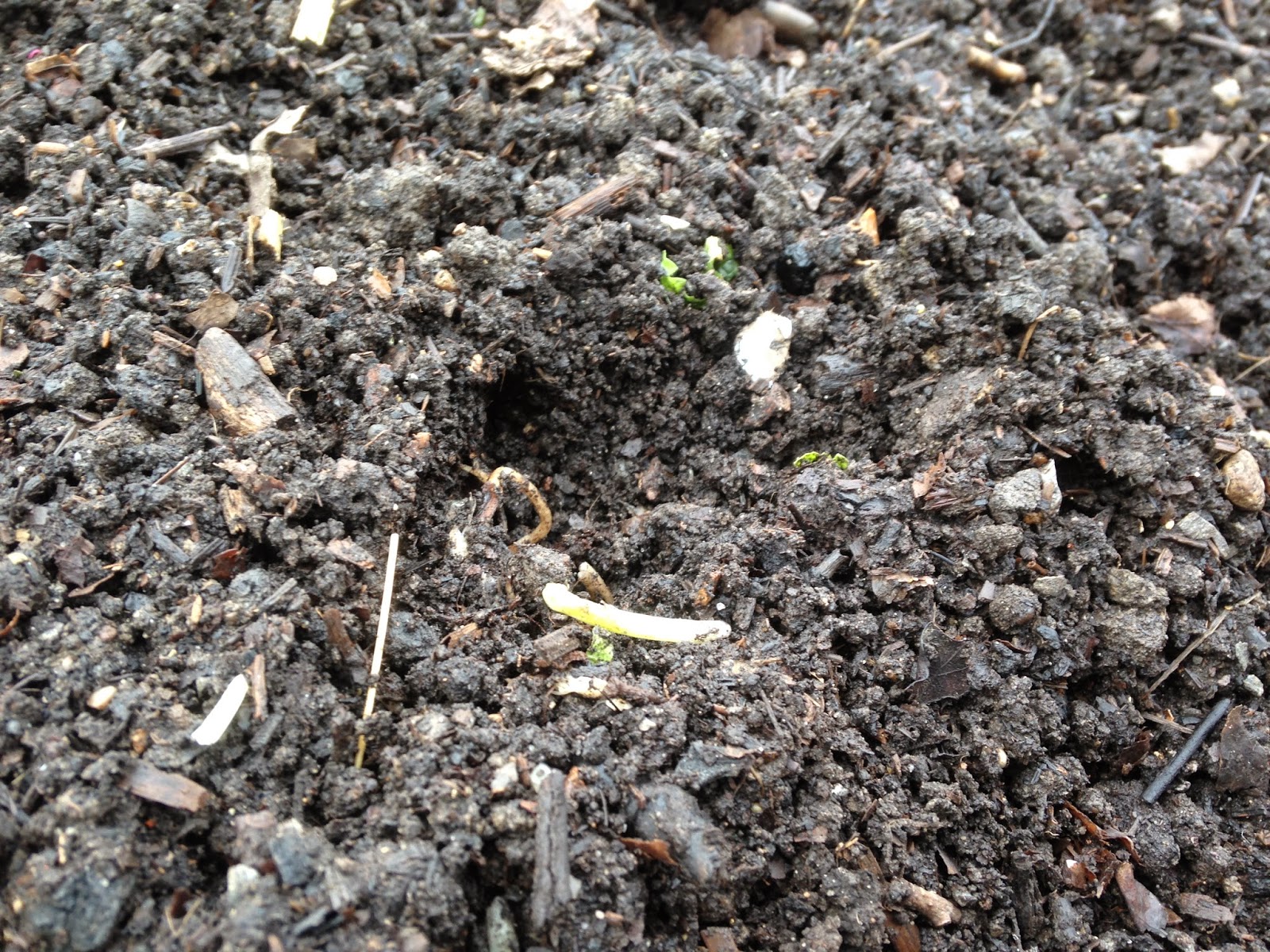Field Study's Man in E11 contemplates fleas in Utopia ad infinitum
I was very disappointed to discover how much of a knuckle-brained chauvinist Field Study's Man in E11 is. The discovery of this fictional fact, in an empty warehouse in Bermondsey, marked a point at which his continued existence, or rather any justification for his existence, came into doubt. Doubt? No, there is no doubt? What will I have done to him? I have been contemplating various grisly ends to the field student. There are dilemmas involved in my plotting for he may become aware that I am plotting an end for, or to, him.
An end in which the field student is devoured by a plague of fleas has come to my mind repeatedly. I know from 'real life experience' that one of the annoyances, if not agonies, of being bitten by a flea is that there are invariably imaginary accompanying bites - phantom or ghost bites. Every phantom flea bite is as noxious and irritating as the 'real' 'life' bites. As I wrote 'real life experience', certain imaginary characters choked and spluttered in the corners of my mind, all of them aghast at my ridiculous combination of 'real' and 'life' and 'experience'.
I have taken great care not to enjoy the prospect of the field student's inglorious end by a legion (flea-gion) of material and immaterial incisions and sucks, let alone his totally mind blown consumption by the ticklish tracks of their appendages. I fear that 'great' has indeed not been 'great' enough when it comes to concealing my perfidious schemes from the field student; his being tickled into oblivion caused just a slight smile but enough to betray my treachery. Lost and Found in E11 is a hotbed of subterfuge and it seems that the terror of my biological, and haptic, assault on the field student will be countered and deterred by prettier more picturesque floral and chemical means.
Earlier in the year I saw the field student as the archetypal pest - an essence of pestilence permeating everything. I have become a pest too. To the field student I am a vision of marauding fleas which must be repelled by resort to a folk remedy in the form of, Common Fleabane. The field student, in the comically saturated field of his Utopian yellow, sees in me some sort of Hobbes-ian state of war. This perception came to me via the Brewers Dictionary of Phrase and Fable, which presents, under the phrase, 'Great fleas have lesser fleas' , a quote from Jonathan Swift -
Earlier in the year I saw the field student as the archetypal pest - an essence of pestilence permeating everything. I have become a pest too. To the field student I am a vision of marauding fleas which must be repelled by resort to a folk remedy in the form of, Common Fleabane. The field student, in the comically saturated field of his Utopian yellow, sees in me some sort of Hobbes-ian state of war. This perception came to me via the Brewers Dictionary of Phrase and Fable, which presents, under the phrase, 'Great fleas have lesser fleas' , a quote from Jonathan Swift -
Hobbes clearly proves that every creature
Lives in a state of war by nature
So naturalists observe a flea
Has smaller fleas that on him prey
And these have smaller still to bite 'em
And so we proceed ad infinitum
Ad infinitum!!! Whereas I conceived of myself as a swarm of fleas; a super-organism every bit(e) and suck as benevolent as a thee Honeybee, I am, in the mind of the field student, a dysfunctional mass. Flea upon flea upon flea in ever decreasing dimensions. I am even having to face up to being one of the lesser, if not the least, of the fleas in this my dystopian 'fairy tale of the non human', to refer to Will Self in his recent Point of View concerning the changing nature of Utopias. My Utopian Dystopian gardening self beats weakly around a flea-banishing bush of 'contemporary anxieties'. My absorption in the less lurid delicacy and intricacies of a meadow brown butterfly may seem ludicrously innocent as some 'large scale anthropically triggered environmental disaster' looms in the zeitgeist, creating an all mighty 'cosmic impasse'. The sun sometimes casts the deepest and darkest of shadows even here in amongst the unadulterated yellows of our mellow pursuits. The idea of our allotment, which is yours too for we do not own it (or try not to), is that the shadows would be darker and deeper were we not here and there. Our aspiration to pantisocracy is as a peaceful gardener, but if every flea is to have an equal bite how peaceful and pantisocratic can we be?
Did Hobbes' naturalists really observe smaller fleas preying upon larger fleas - ad infinitum? Did Hobbes come by the work of Robert Hooke, and other microscopists, which might have dispelled such a bleak vision of nature? But of course, there are fleas and there are fleas and, last but not least, the ideas of fleas and these all have to live together in some way or another or another or another or another ad infinitum. Wouldn't Swift, attending a society soiree, have gazed down a novel microscope into the fevered menagerie of a drop of (drinking!!!!) water to know something more than Hobbes about the natural order of things? I am a flea; I have fleas. Which bright spark even dared to ask why my fleas (are they not yours too?) shouldn't have fleas too?
I was tempted, as I succumbed to the saturation of flea-bane, to think that the field student might have been trying to do me a favour by repelling the fleas (all that biting ad infinitum) but this was based on the unlikely premise that he did not see me as a flea. In the very unnatural history of the allotment I was forced to transform my flea self into a butterfly self - for a moment there being a new and entirely spurious species of butter-flea. It was the caterpillars of the butter-flea (a species which does exist briefly in Swiftian scales decreasing and increasing ad infinitum) which I blamed for the crop of spinach plants stripped bare of their leafy flesh to the mid ribs and veins. I retreated into the cool interior of the bay tree to contemplate the changing nature of my pestiferous Utopia .
Did Hobbes' naturalists really observe smaller fleas preying upon larger fleas - ad infinitum? Did Hobbes come by the work of Robert Hooke, and other microscopists, which might have dispelled such a bleak vision of nature? But of course, there are fleas and there are fleas and, last but not least, the ideas of fleas and these all have to live together in some way or another or another or another or another ad infinitum. Wouldn't Swift, attending a society soiree, have gazed down a novel microscope into the fevered menagerie of a drop of (drinking!!!!) water to know something more than Hobbes about the natural order of things? I am a flea; I have fleas. Which bright spark even dared to ask why my fleas (are they not yours too?) shouldn't have fleas too?
I was tempted, as I succumbed to the saturation of flea-bane, to think that the field student might have been trying to do me a favour by repelling the fleas (all that biting ad infinitum) but this was based on the unlikely premise that he did not see me as a flea. In the very unnatural history of the allotment I was forced to transform my flea self into a butterfly self - for a moment there being a new and entirely spurious species of butter-flea. It was the caterpillars of the butter-flea (a species which does exist briefly in Swiftian scales decreasing and increasing ad infinitum) which I blamed for the crop of spinach plants stripped bare of their leafy flesh to the mid ribs and veins. I retreated into the cool interior of the bay tree to contemplate the changing nature of my pestiferous Utopia .
July 2014.















Comments
Post a Comment